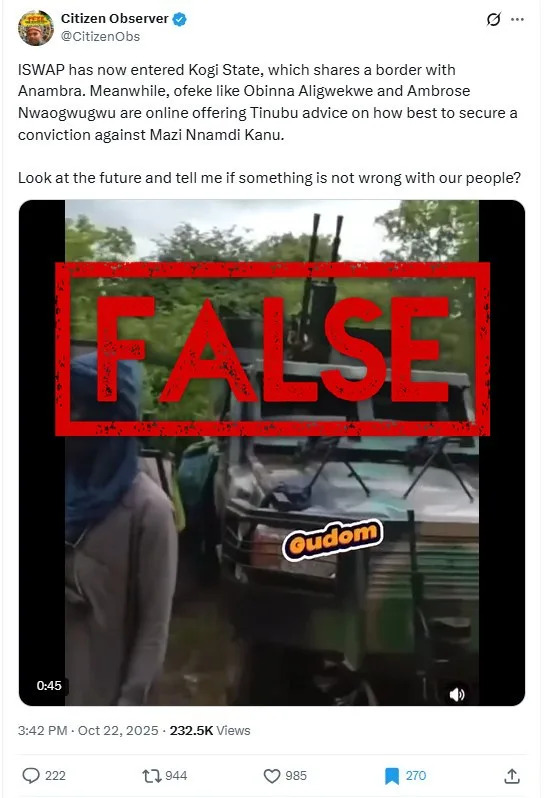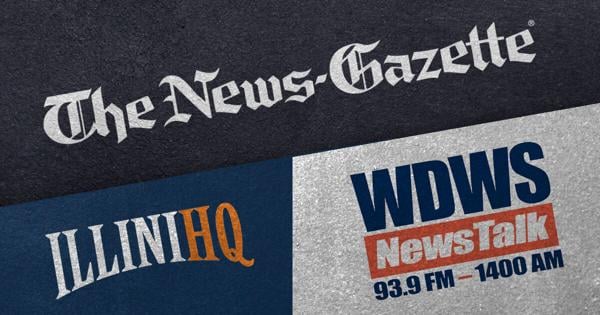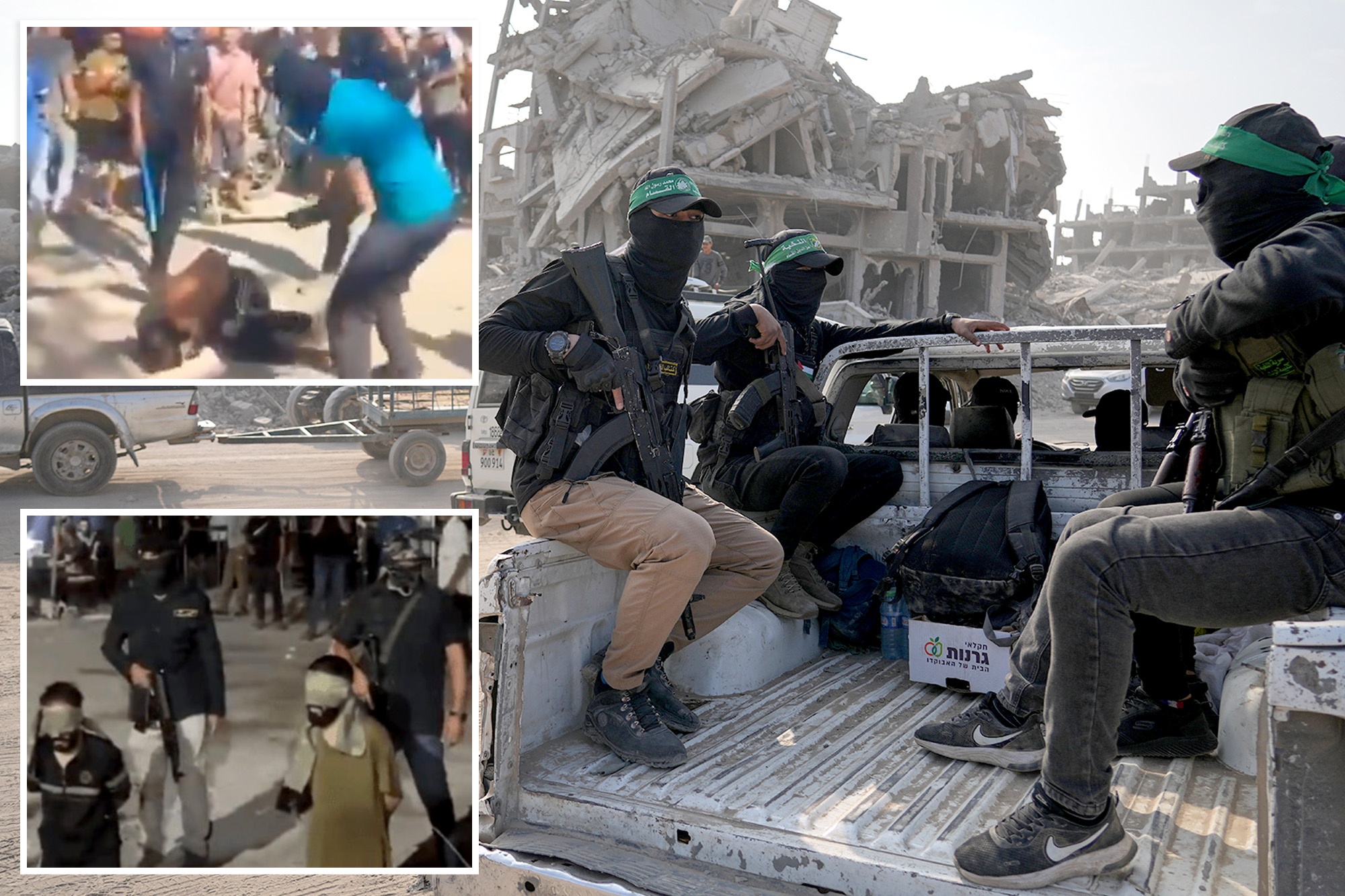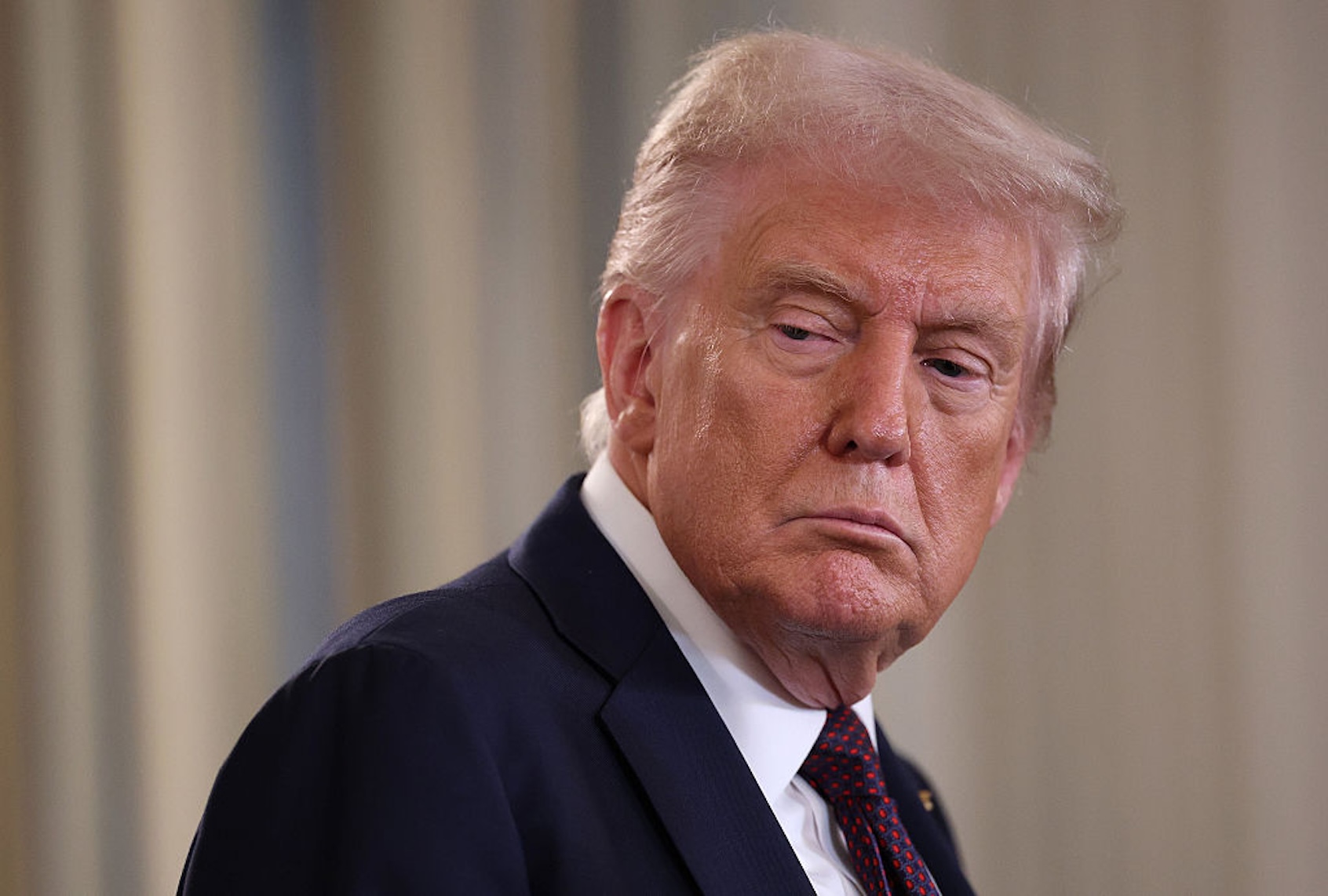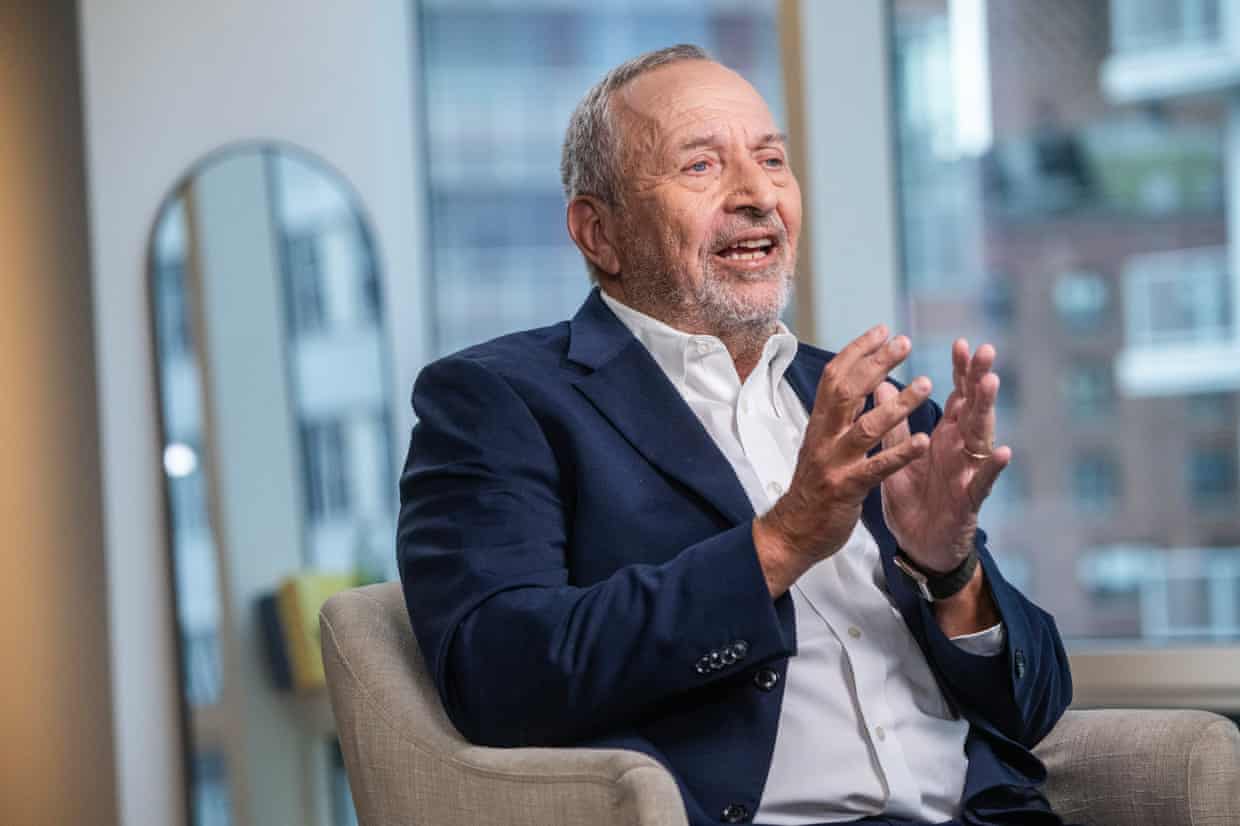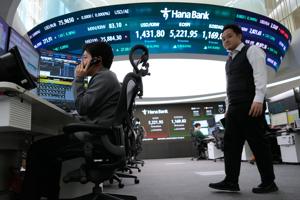A recent social media post falsely claims to show a video of the Islamic State West Africa Province (ISWAP) capturing military assets in Nigeria. In reality, the footage was filmed in Burkina Faso in 2024, depicting military equipment seized by a group affiliated with al-Qaida in West Africa. The post has gained traction, with over 900 shares, highlighting the ongoing challenges of misinformation in the region.
Misleading Claims and Social Media Dynamics
The video, which surfaced on October 22, 2025, was posted by an account known as “Citizen Observer,” which has more than 11,000 followers. The account features the image of Nnamdi Kanu, the leader of the Indigenous People of Biafra (IPOB), and describes itself as a journalist and advocate for Biafran independence. Kanu has been a controversial figure in Nigeria, having been re-arrested in 2021 after previously jumping bail in 2017.
The misleading post insinuates that Nigeria’s government is misprioritizing its focus, suggesting that authorities are more concerned with detaining Kanu and suppressing IPOB activities than addressing threats from militant groups like ISWAP and Boko Haram. While Nigeria faces a complex security crisis, the video does not accurately represent ISWAP activities within the country.
According to a review by AFP Fact Check, the footage in question was not filmed in Nigeria but rather captures an ambush that occurred in Burkina Faso. The original video was linked to an attack on an armed forces convoy on August 14, 2024, which reportedly resulted in the deaths of over 140 soldiers. The militant group Jama’a Nusrat ul-Islam wa al-Muslimin (JNIM) claimed responsibility for that attack.
Verifying the Source
Using a reverse image search, AFP Fact Check identified a post from August 8, 2025, by a conflict-monitoring account that displayed the same military vehicles shown in the video. The post clarified the origins of the footage, asserting that it was from an ambush near Fada N’Gourma, Burkina Faso, and not linked to ISWAP’s operations.
Local and international media have extensively reported on the incident involving the Burkina Faso Armed Forces convoy. French media outlets such as Radio France Internationale and Libération covered the attack, tracing the sequence of events and confirming the details surrounding the incident.
The spread of disinformation can significantly impact public perception and policy. As Nigeria continues to grapple with a multifaceted security crisis, the responsibilities of social media platforms and content creators in ensuring accurate information dissemination have come under scrutiny.
As terrorist groups like ISWAP continue to pose a severe threat in West Africa, it is crucial for governments, media, and the public to remain vigilant against misleading narratives that could exacerbate tensions and misdirect resources. Accurate reporting and verification of facts are essential in navigating the complexities of the region’s security landscape.

